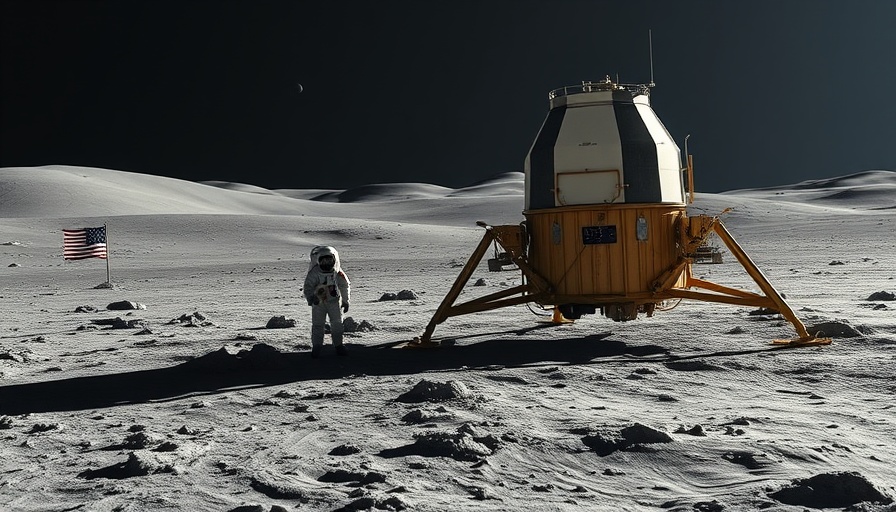
Remembering a Historic Moment in Space Exploration
On July 20, 1969, the United States achieved a monumental milestone in human history when astronaut Neil Armstrong became the first person to step onto the Moon's surface. This breathtaking event was broadcast live, capturing the attention of an entire nation as 125 million Americans—approximately 63% of the population at that time—watched the historic moment unfold from their living rooms.
Reflections on a Defining Moment
My personal memories of that fateful night are intertwined with the excitement of youth. Although I was just six years old, I recall watching with my siblings at our aunt and uncle's house, eyes glued to a fuzzy black-and-white screen. While the monumental event was occurring, my focus was diverted by colorful decorations around the room, leaving me unaware of the significance of human beings walking on the Moon. All I could think about was how cool my cousin Jeff was for sharing music from The Doors. Meanwhile, my sister actually absorbed the historic weight of the moment, cementing it in her memory.
Why Apollo 11 Matters Today
The Apollo 11 mission stands as a testament to America’s dedication to scientific achievement and international cooperation. During an era when the world faces myriad challenges, including the tensions and disagreements that often permeate our leadership roles today, it's crucial that we look back at the successes our government has driven that have inspired individuals worldwide. Apollo 11 is not just about lunar landings; it represents the realization of ambitious dreams made possible through unity and innovative thinking.
Sharing Your Memories
As we reflect on this awe-inspiring accomplishment, I invite you to share your recollections of the Moon landing. What do you remember from that night? How did it impact your life? Your stories can help us create a collective memory of one of humanity’s greatest achievements.
In a time when our leaders seem less concerned with empowering meaningful endeavors, let us draw inspiration from Apollo 11’s legacy. It encourages us to support initiatives that foster collaboration and innovation. Moving forward, consider how your own efforts can contribute to the very essence of human achievement that we celebrated with the Apollo missions.
 Add Row
Add Row  Add
Add 




Write A Comment